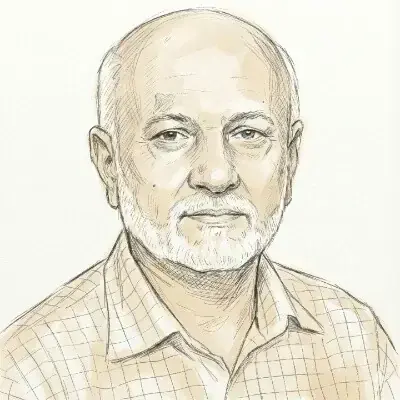ISLAMABAD: The United Nations International Children’s Emergency Fund (Unicef) said on Thursday that schools for more than two million children in Pakistan remained inaccessible as severe flooding has destroyed 27,000 schools in the country.
“Almost overnight, millions of Pakistan’s children lost family members, homes, safety and their education, under the most traumatic circumstances,” said Unicef’s Global Director of Education Robert Jenkins, upon returning to New York from flood-affected areas of Pakistan.
“More than two months since the devastating floods engulfed large areas of the country, the tops of school buildings are only just becoming visible in some of the flood-hit areas. It is estimated that it will be weeks, even months before the flood waters completely subside,” he said.
“The longer schools remain closed, the greater the risk of children dropping out altogether, increasing their likelihood of being forced into child labour and child marriage, and exposure to other forms of exploitation and abuse,” Jenkins said.
Unesco wants stronger oversight for private schools
Unicef, he said, had established more than 500 temporary learning centres in the worst-affected districts and supported teachers and children with education supplies. To support children’s mental and physical health, Unicef was training teachers on psychosocial care and health screenings.
Private schools
In a related development, a new study published by the Unesco revealed that private education had grown faster in South Asia than any other region in the world, and in Pakistan, private schools educated over a third quarter of students, and this rapid proliferation of private educational institutions required stronger oversight to ensure that equity was not put at risk.
The study, “Who Loses, Who Chooses”, produced by Unesco’s Global Education Monitoring Report and Idara-i-Taleem-o-Aagahi, noted that with the Pakistan’s government spending less than 2.5 per cent of the annual GDP on education throughout the 2010s, public schools were insufficient in both supply and quality, and in this backdrop, private education had grown to fill the gaps.
The study finds that one-third of students in Pakistan attend privately funded schools, with 45pc of those in private education, and 25pc in government education in urban areas paying for additional private tutoring. Overall, 8pc of students are enrolled in religious schools.
The Unesco study urged the government to fulfil the commitment to make one-year pre-primary and 12-year primary and secondary education free. Most countries in South Asia are not nearly reaching the necessary minimum funding to ensure free access to education.
Published in Dawn, November 4th, 2022


































